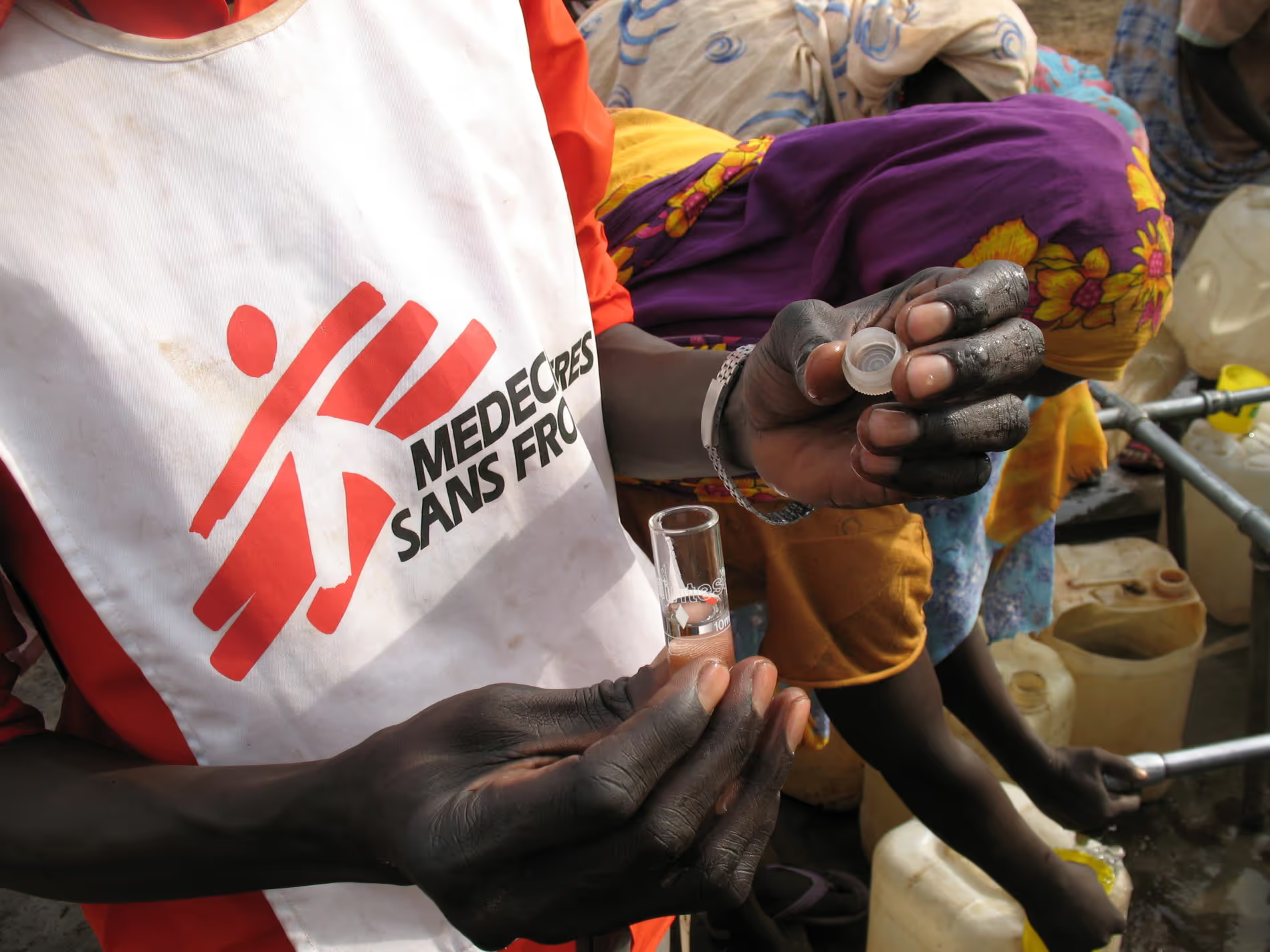Final Report: Chemical water quality and impacts on the treatment of severely malnourished infants and children

Paediatric patients with severe acute malnutrition in intensive therapeutic feeding centres are highly sensitive to electrolyte and mineral inputs they receive during treatment. Thus, the composition of therapeutic feeding used in treatment centres are carefully calibrated with respect to electrolyte and mineral content. These products however are usually reconstituted using locally available water, which can have widely varying electrolyte and mineral concentrations. With limited existing research on the topic, the project aimed to better understand the effects of water quality in intensive therapeutic feeding centres and how to manage the issue.The project successfully:
- Articulated and increased awareness in the humanitarian sector on an unstudied problem having potentially critical humanitarian health implications;
- Synthesised existing knowledge from the domains of engineering and medicine on this problem in order to propose provisional management strategies relating to both clinical care and water supply in humanitarian settings;
- Mobilised specialists from multiple subject specialities (humanitarian response, medical, engineering, nutrition etc.) and convened an informal working group on this problem to advance further work;
- Identified key knowledge gaps and research priorities for further work on this problem, that will be developed into subsequent research funding proposals;
- Generated key knowledge products including developing an intensive therapeutic feeding centres water quality guidelines and technical briefs for humanitarian field workers.
The final project report provides information on the methodology, activities, outputs, impact and dissemination of learning.